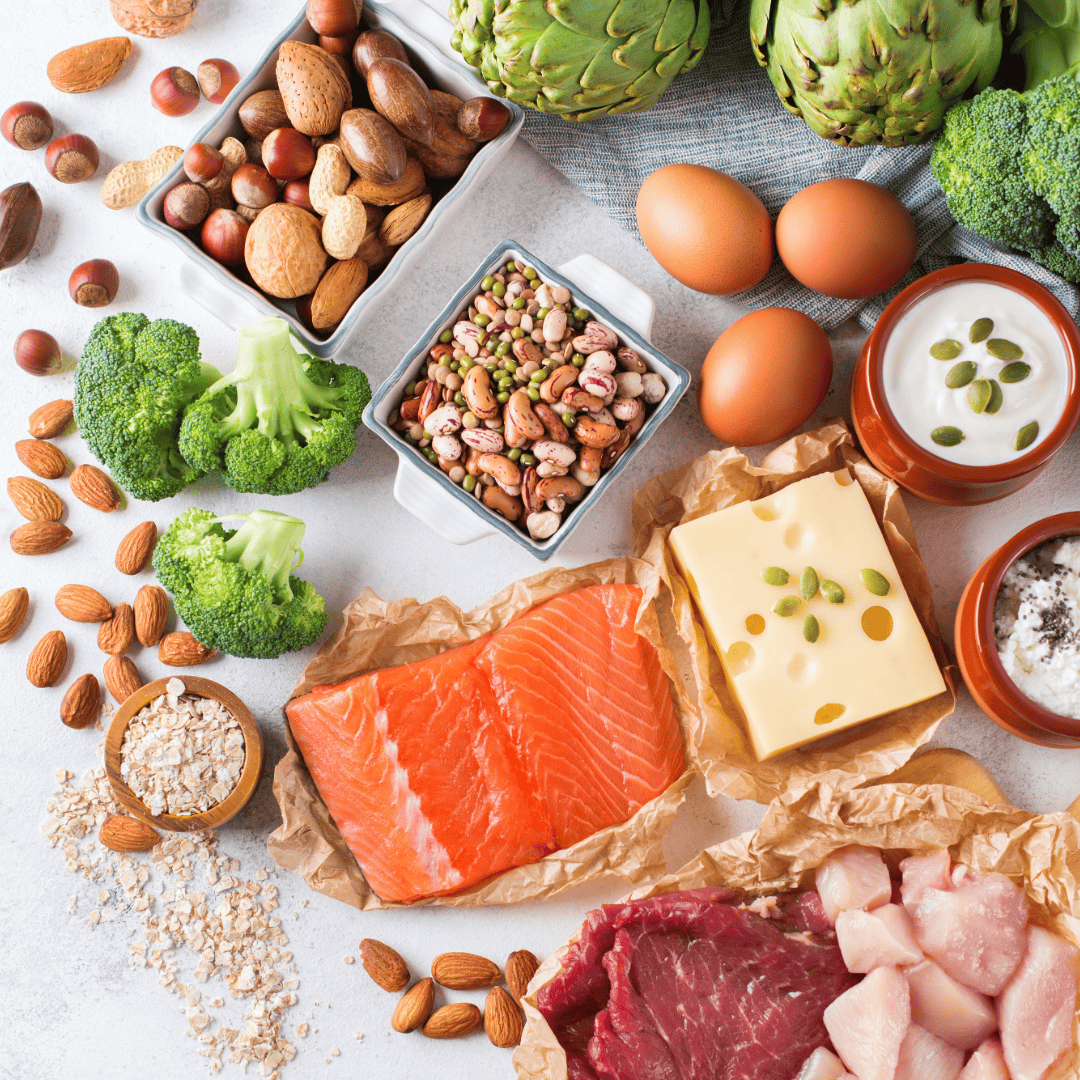Tired, Hungry, Healing Slowly? Why Protein Could Be the Answer
A 2018 study showed that one in three adults isn’t consuming enough protein. This essential macronutrient is crucial for building and repairing tissues, keeping energy levels stable and steady, and ensuring the proper function of your immune system.
What is Protein, and Why is it So Important?
Protein is often called the building block of life, and for good reason. Protein is made from a series of amino acids formed into larger molecules that serve various functions in the body. Your body uses proteins to create and form new cells and other components like enzymes and neurotransmitters and ensure the proper function of tissues and organs.
In simpler terms, it works to ensure:
Steady and stable blood sugar
Creation of new cells needed for wound healing
Muscle growth and repair, particularly after exercise or injury
Proper functioning of the immune system
Support of biochemical pathways to allow reactions like blood clotting or digestion to occur properly
The Protein All-Stars: Best Food Sources for a Boost
Lean meats: Chicken, turkey, beef, eggs. It’s best to choose organic, grass-fed and pasture-raised wherever possible
Fish: Fish like salmon, shrimp, tilapia, oysters, and clams. Choose wild-caught and quality-sourced fish wherever possible.
Legumes: Lentils, black beans, chickpeas
Nuts and seeds: Almonds, walnuts, pumpkin seeds, chia seeds
What About Protein Powder?
Protein powder is certainly a viable option for folks who are not getting enough protein, are often on the go, or have increased protein needs and simply cannot eat enough such as during pregnancy or recovering from injury.
Unfortunately, there are many low-quality protein powders on the market that contain fillers and chemicals or are simply not effective. The two protein powders I recommend to my patients are the Sprout Living Epic Protein Unflavored or Orgain Organic Plant Protein.
3 Signs You’re Not Eating Enough Protein:
Frequent energy crashes and reliance on caffeine to get you through the day.
Do you find yourself dragging at 3 PM? Protein helps stabilize blood sugar levels, providing sustained energy and preventing the dreaded afternoon slump.
Poor wound healing
Scrape your knee or cut your finger, and it takes ages to heal? Protein is essential for tissue repair and regeneration. When you're not consuming enough, your body has a hard time rebuilding damaged cells, leading to prolonged healing times.
Never feeling full
Are you in the fridge looking for something else to eat 30 minutes after dinner? While there are other reasons you may not feel full (like SIBO), Protein plays a crucial role in satiety, the feeling of fullness and satisfaction after eating.
How Much Protein Do YOU Need?
Adequate protein is not a one-size-fits-all situation. It depends on various factors, such as age, level of activity, pregnancy or lactation status, and pre-existing health conditions.
If any of these sound like you, it might be time to increase your protein intake!
Let’s work together to help you live with stable and vibrant energy! Book a consultation here!
- - -
This post is for informational purposes only and is not medical advice. Please speak to your physician before implementing any changes related to your health.

